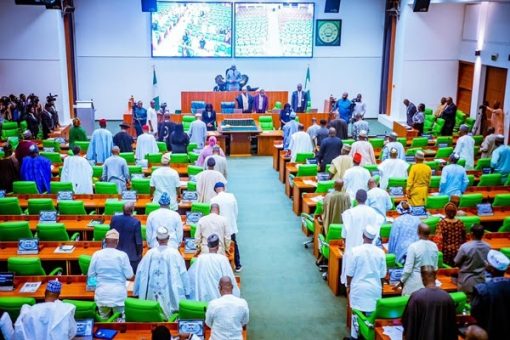
The House of Representatives in Nigeria has called on the Federal Ministry of Education to initiate a pilot program to assess the feasibility and advantages of using local languages for teaching in Nigerian schools.
The motion, sponsored by Kalejaiye Adeboye Paul (APC, Lagos), highlights Nigeria’s rich linguistic diversity and the challenges posed by the dominance of English in the education system. Paul emphasized that languages such as Hausa, Igbo, and Yoruba risk becoming ineffective and extinct without deliberate efforts to incorporate them into education.
Benefits of Teaching in Local Languages
The Lagos lawmaker pointed out that using mother tongues fosters stronger teacher-student connections, enhances classroom dynamics, and promotes cultural relevance in education. He also noted that aligning education with indigenous languages bridges cultural gaps, supports inclusive learning, and strengthens community involvement in children’s education.
Next Steps
The proposed pilot program would evaluate the effectiveness of this approach in selected primary and junior secondary schools across the country. If successful, it could set a precedent for incorporating local languages nationwide, empowering communities and preserving Nigeria’s linguistic heritage.
This initiative aims to promote culturally sensitive education, reduce linguistic barriers, and ensure that all children have equal opportunities to succeed academically.







